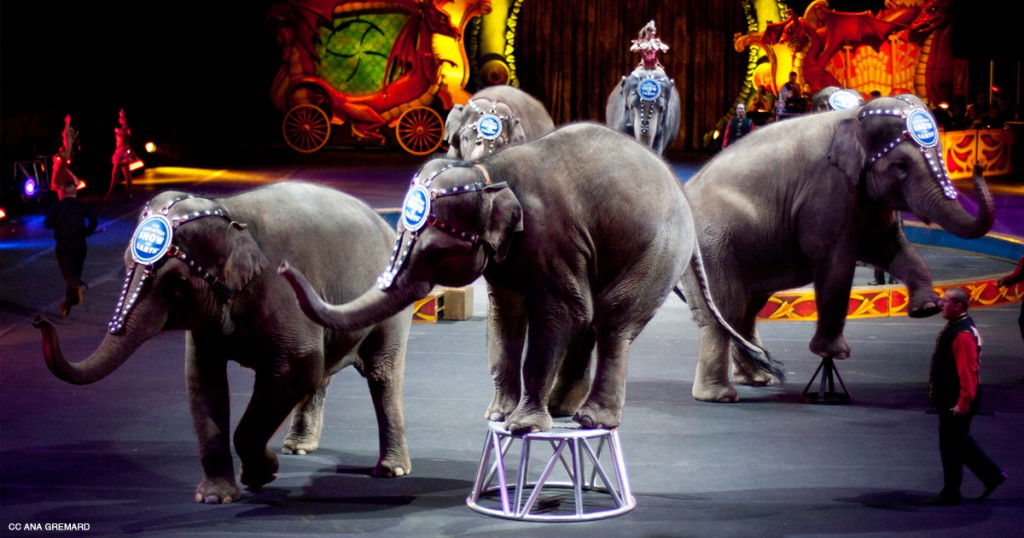In the vibrant tapestry of human entertainment, few spectacles evoke as much fervor and passion as animal racing. From the thundering hooves of thoroughbreds on lush green tracks to the majestic sight of greyhounds slicing through the air, animal racing holds a unique allure that captivates audiences worldwide. Yet, this seemingly jubilant display of speed and agility begs the critical question: is it a fine form of entertainment or a stark manifestation of exploitation?
The multifaceted nature of animal racing lays a rich ground for exploration. On one side, it resonates with the primal thrill of competition, the adrenaline rush of victory, and the irrefutable beauty of animals at their peak performance. The sheer excitement generated during a race creates an electrifying atmosphere, drawing fans into a communal experience. However, beneath this glamorous façade, there lurks an undercurrent of ethical concern that cannot be overlooked. The juxtaposition of festivity and moral implication presents a paradox that warrants deeper examination.
At the heart of the matter is the treatment of the animals involved in racing. The pursuit of glory often leads to an insatiable demand for success, resulting in a troubling relationship between humans and the creatures they exploit for entertainment. Training regimes can be grueling; the physical toll on animals is significant. There is a tendency to prioritize performance over welfare, leading to practices that can, at times, verge on cruelty. For instance, the use of performance-enhancing drugs—often a hidden aspect of the racing industry—raises serious questions about the integrity of the sport and the wellbeing of the animals involved.
Animal racing has a long and storied history, often romanticized in popular culture as a revered tradition. Spectators flock to racetracks, enchanted by the pageantry that accompanies such events. The unfolding drama of a race, suffused with raw emotion, evokes echoes of a time when humans and animals shared a more harmonious existence. Yet, this historical perspective must be scrutinized through a contemporary lens. While the nostalgia surrounding animal racing is palpable, it cannot eclipse the ethical ramifications of modern practices.
Consider the metaphor of a carnival. In this vibrant space, attractions abound, drawing a crowd eager to celebrate life’s thrills. However, beneath the festive exterior, one cannot ignore the plight of the performers—the risk of injury, the toll on health, and the vulnerability of their existence. Similarly, animal racing functions as a carnival for spectators, teeming with excitement and fervor, yet the performers themselves—be it horses, dogs, or other animals—often endure a different reality behind the scenes.
To foster a more profound understanding, one must also consider the societal factors intertwined with animal racing. Economically, racing industries contribute significantly to local and national markets. Betting, an integral aspect of this environment, introduces a complicated dynamic where financial gain can overshadow ethical considerations. When a spectator places a wager, the thrill of potential profit can create a disconnection from the moral implications tied to the animals’ experiences. This commercialization of animal racing serves to perpetuate a cycle where the welfare of the animals is often secondary to monetary interests.
Moreover, the retention of tradition in animal racing is often cited as justification for its continuation. However, traditions evolve, and society’s collective consciousness must progress to reflect changing values. As animal rights awareness heightens globally, a reevaluation of practices that exploit living beings is imperative. The question arises: should tradition prevail in the face of ethical dilemmas? A discerning society must approach this subject with the understanding that some entrenched customs, however cherished, demand reexamination in light of modern ethical standards.
The argument for animal racing as mere entertainment often dismisses the nuanced realities of animal autonomy. These beings, endowed with their own instincts and agency, should not be relegated to mere instruments of spectacle. An advocate for animal rights posits that true entertainment should not come at the cost of another’s suffering. The crux of the debate lies not merely in the act of racing but in our willingness to recognize and respect the sentience of these animals.
In an effort to reconcile love for animals with the allure of racing, some innovative alternatives have emerged. Concepts such as virtual racing and automated simulations offer thrilling alternatives that evoke the spirit of competition without involving the ethical quandaries inherent in live animal racing. These technologies hold the potential to revolutionize the industry, offering a path forward where the excitement of racing can coexist harmoniously with compassion for sentient beings.
The discourse surrounding animal racing encapsulates a broader societal challenge: the struggle to balance tradition and progress, entertainment and ethical responsibility. As humanity strides forward, an awakening of consciousness surrounding the treatment of animals is essential. The ultimate aim should be to cultivate respect for all living beings, recognizing that true enjoyment of entertainment need not thrive at the expense of another’s welfare.
Ultimately, as we reflect on the role of animal racing in contemporary society, the question remains poised: is it entertainment, or is it exploitation? The answer lies in a careful analysis of values, informed choices, and the realization that the true spirit of amusement should emerge from the untrammeled joy of existence rather than the commodification of life itself.








